Introduction
The food and beverage industry are undergoing a profound transformation, driven by the integration of Artificial Intelligence (AI) and Machine Learning (ML). These advanced technologies are reshaping how companies manage supply chains, ensure product quality, personalize consumer experiences, and enhance sustainability. In an increasingly competitive and fast-paced market, leveraging AI and ML is no longer a futuristic concept—it has become a strategic necessity.
As data becomes a central asset in business operations, AI and ML are enabling smarter decisions, greater agility, and improved efficiencies across every segment of the food and beverage value chain. From automated production lines to intelligent demand forecasting, the influence of these technologies is far-reaching. This article explores how AI and ML are making a significant impact in the food and beverage sector and why early adoption is crucial for long-term growth and relevance.
1. Streamlining Supply Chain Operations
AI and ML are playing a pivotal role in redefining supply chain management within the F&B sector. By processing vast amounts of historical and real-time data, businesses can now anticipate demand fluctuations, manage inventory more precisely, and optimize procurement processes. This level of predictive accuracy allows organizations to reduce operational inefficiencies and respond more dynamically to market needs.
Moreover, these technologies help address logistical challenges by identifying optimal transportation routes, delivery schedules, and sourcing strategies. The result is a more agile and responsive supply chain that supports both cost reduction and improved service delivery. Companies are increasingly relying on these insights to make proactive decisions that ensure continuity and efficiency across the value chain.
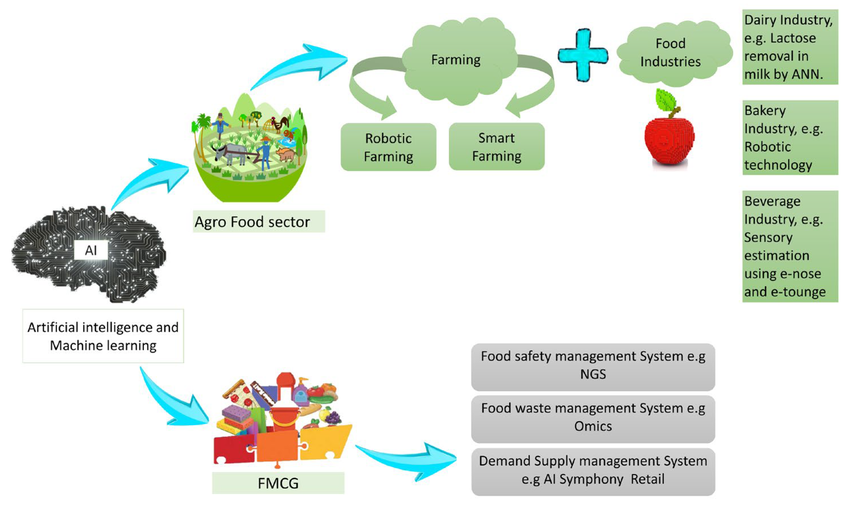
2. Ensuring Product Quality and Food Safety
Maintaining product quality and ensuring food safety are critical concerns for every F&B organization. AI and ML offer sophisticated methods for real-time monitoring and quality control throughout the production cycle. These technologies can detect irregularities that might otherwise go unnoticed, ensuring that only compliant products reach the consumer.
Additionally, AI systems contribute to traceability by documenting every step of the production and distribution process. This transparency allows for faster responses to food safety concerns and improves regulatory compliance. Enhanced monitoring capabilities reduce the risk of recalls, build consumer trust, and support a culture of continuous improvement in food safety standards.
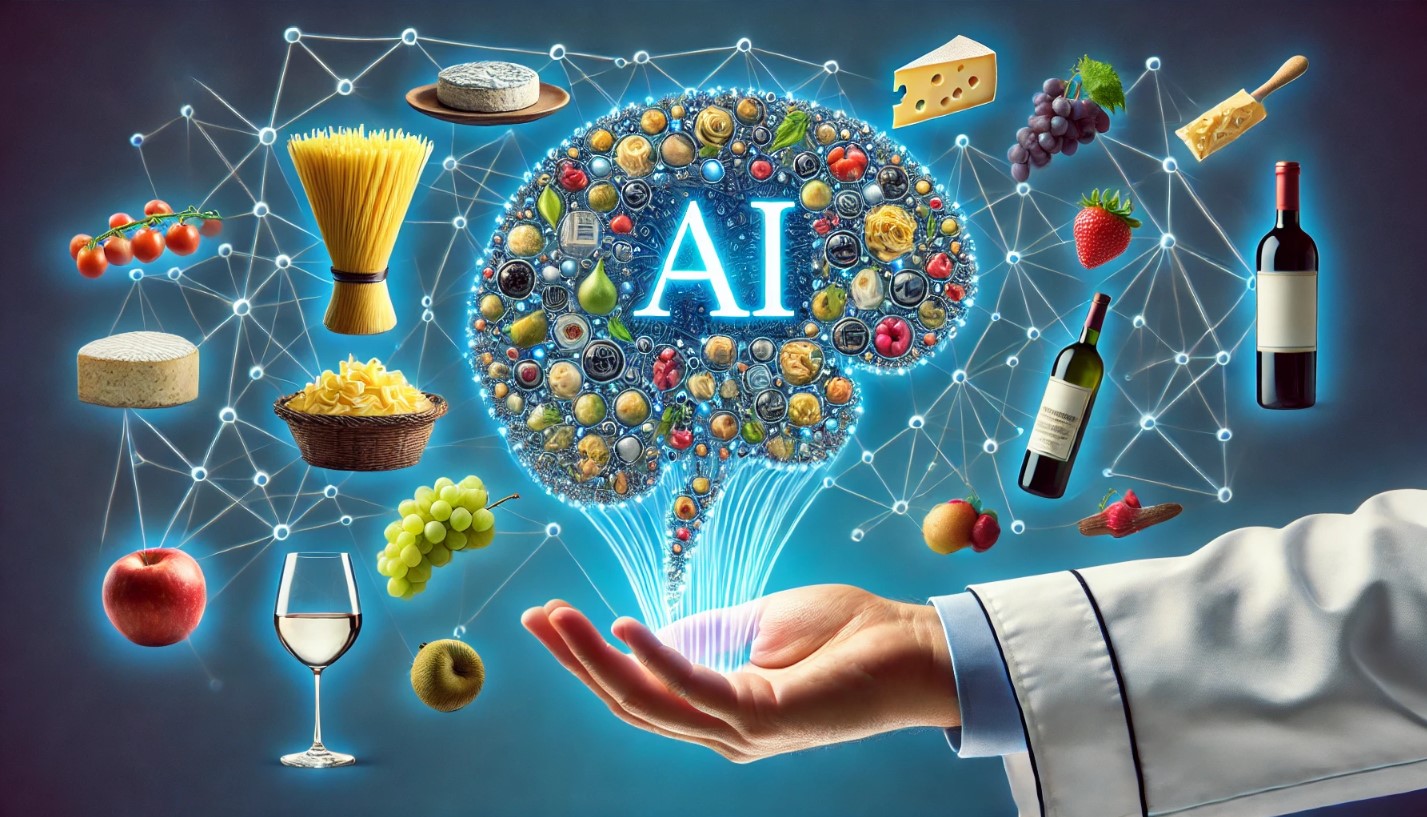
3. Revolutionizing Product Development
The process of creating new food and beverage products has traditionally relied on consumer surveys and market research. Today, AI and ML offer deeper, data-driven insights into evolving consumer preferences, allowing companies to accelerate product development. These technologies can identify gaps in the market and simulate product formulations that align with consumer demands.
Beyond just formulation, AI tools assist in testing combinations of ingredients and nutritional values to meet specific health and dietary needs. This allows brands to innovate rapidly while reducing the time and cost associated with traditional R&D cycles. The ability to anticipate consumer desires and swiftly act on them gives businesses a strategic advantage in a highly competitive market.
4. Enhancing Consumer Experience
Customer expectations in the F&B industry are shifting toward personalization and convenience. AI-powered platforms can analyse individual behaviour patterns, enabling companies to offer more personalized experiences. From tailored product recommendations to customized meal plans, AI facilitates a more engaging and relevant interaction with consumers.
Machine learning models continuously evolve by learning from customer interactions, which helps refine services and enhance satisfaction. This not only fosters brand loyalty but also provides valuable insights into consumer behaviour trends. As personalization becomes a standard, companies that fail to integrate AI into customer engagement risk falling behind.
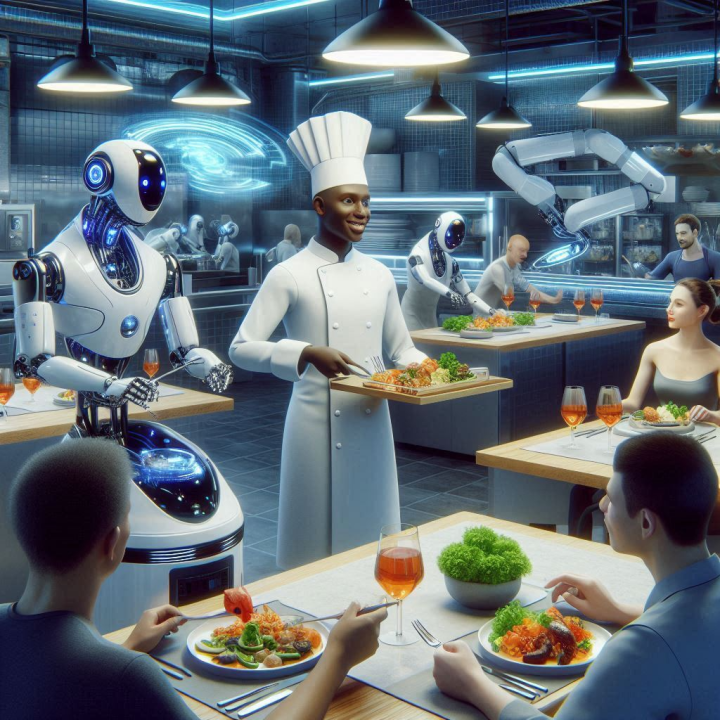
5. Improving Operational Efficiency Through Automation
Automation driven by AI and ML is dramatically improving efficiency across F&B manufacturing processes. By leveraging data from sensors and machinery, AI can identify areas of redundancy or inefficiency, allowing operations to be optimized in real time. These insights lead to better utilization of resources, lower production costs, and increased throughput.
Furthermore, predictive maintenance powered by ML reduces unplanned downtime and extends the lifespan of equipment. This proactive approach to asset management minimizes disruptions and ensures a smoother production flow. As a result, organizations achieve higher productivity and consistent quality across operations.
6. Driving Sustainable Practices
Sustainability is becoming a core focus of the food and beverage industry, and AI is a powerful enabler in this regard. By providing visibility into resource consumption patterns, AI tools can help companies reduce energy and water usage, cut down on food waste, and improve supply chain sustainability. These capabilities are essential for meeting environmental regulations and consumer expectations.
In addition, AI can support sustainable sourcing by evaluating suppliers based on ecological and ethical standards. This fosters responsible business practices and strengthens the brand's position among environmentally conscious consumers. In a world where sustainability increasingly influences purchasing decisions, AI offers the tools to align operational goals with environmental responsibility.
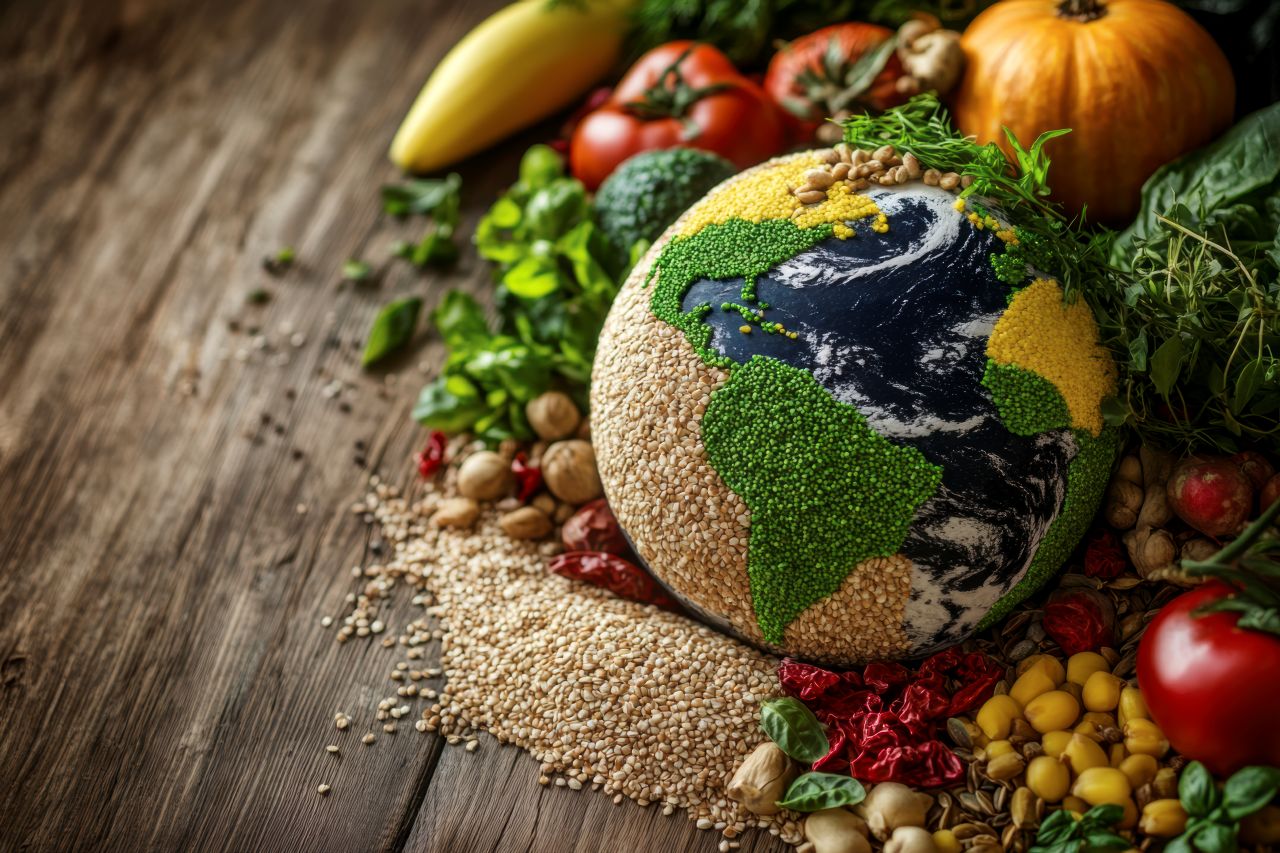
7. Strengthening Market Intelligence and Trend Forecasting
The rapid pace of change in consumer preferences demands real-time market intelligence. AI and ML enable businesses to stay ahead by analysing social media trends, sales patterns, and emerging industry insights. These technologies help organizations identify and act on trends before they reach mainstream adoption.
With advanced analytics, companies can refine their marketing strategies and product positioning to resonate with target audiences. By aligning offerings with evolving demands, businesses maintain relevance and competitive edge. Market intelligence powered by AI provides a clear direction for growth, helping companies respond confidently to dynamic market conditions.
8. Enhancing Regulatory Compliance
Regulatory compliance is a significant challenge in the food and beverage sector, with frequent changes in guidelines related to labelling, safety, and sourcing. AI simplifies this complexity by automating compliance checks and ensuring that all processes adhere to industry standards. From real-time tracking to documentation, these technologies reduce the risk of violations and penalties.
Moreover, AI-driven systems support transparent reporting and audit readiness, making it easier for businesses to navigate regulatory environments across multiple regions. This is particularly critical for companies operating in global markets. With AI, regulatory compliance shifts from a reactive to a proactive function, integrated seamlessly into everyday operations.
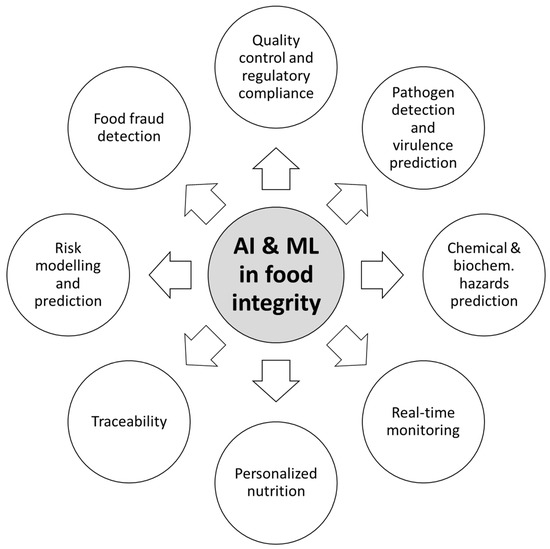
Conclusion
AI and ML are fundamentally redefining the way the food and beverage industry operates, offering transformative benefits across operational, strategic, and customer-facing functions. By embracing these technologies, businesses are not only streamlining internal processes but also delivering enhanced value to consumers through improved safety, personalization, and innovation.
As the industry continues to evolve, the adoption of AI and ML will serve as a key differentiator between traditional players and those positioned for future success. Organizations that invest in intelligent technologies today will be better equipped to meet shifting consumer demands, regulatory challenges, and global sustainability goals. The future of the food and beverage industry lies in intelligent, data-driven transformation—and that future is already unfolding.
